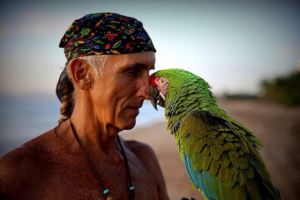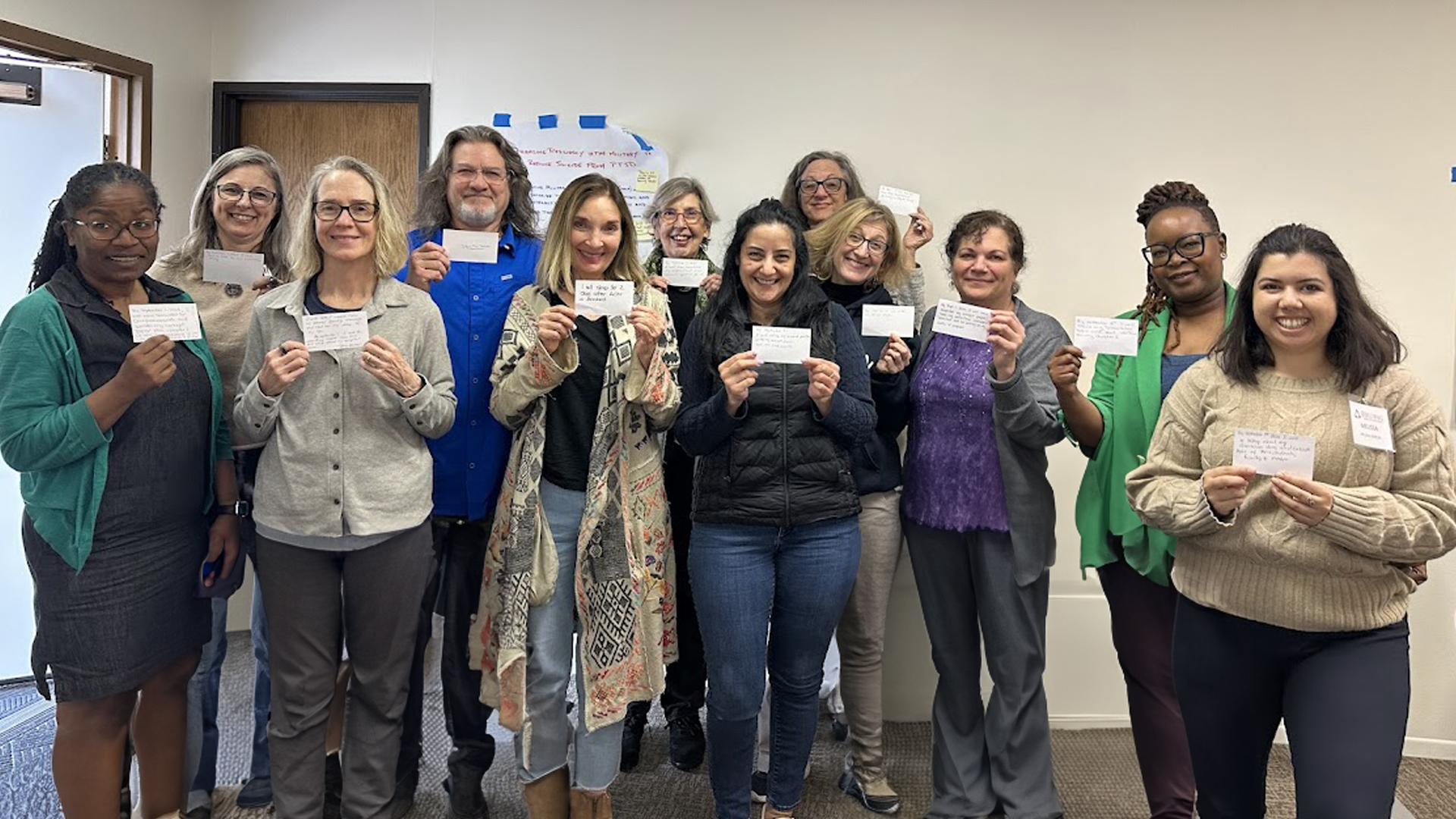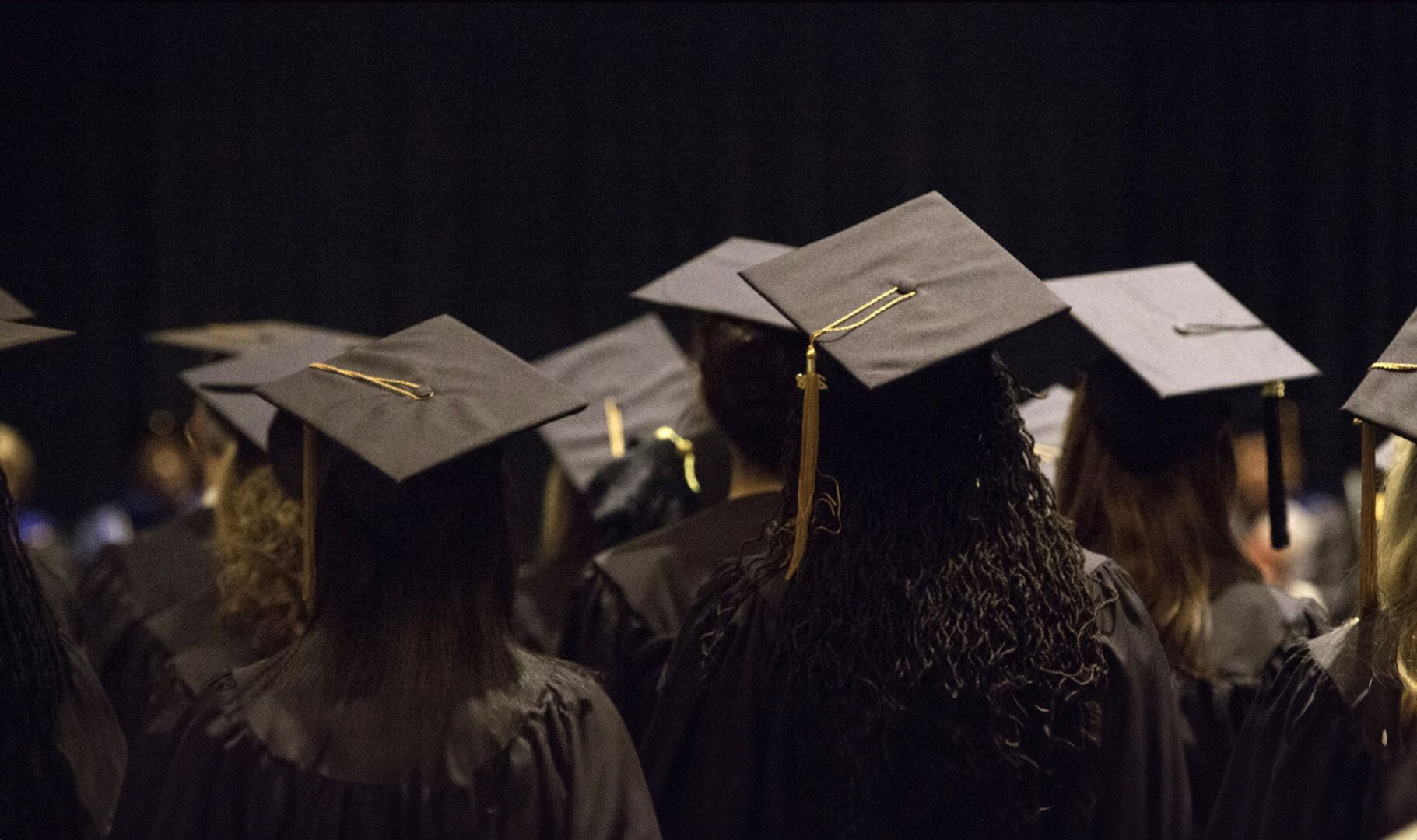BY Four Arrows (Wahinkpe Topa), PHD
Doctoral faculty, School of Leadership Studies
November 25, 2020
Want a different ethic? Tell a different story. – Thomas King
Cultures from around the world have long celebrated harvest time with festivals and food sharing. They typically help bind people together. Sadly, the American version of Thanksgiving can be seen otherwise. Most of the November feast’s historical iterations, right up to it becoming a formal national holiday in 1941 after the bombing of Pearl Harbor, are not really harvest celebrations. Instead, Thanksgiving stories provide a cover for anti-Indianism in the United States. The usual tale offers the partial truth about a festive gathering of Indians and Pilgrims, rather than the whole truth about it a celebration of the massacre of 700 Pequot men, women and children.”
 This year, let us all put away the deceptions. Despite the bad things happening in the world, we can use the holiday events to recognize our reciprocity with all living things on Mother Earth. Such prayerful appreciation reminds us of our responsibilities to animals, crops, fish, berries, or roots, who give themselves to us as long as we respect their gift.
This year, let us all put away the deceptions. Despite the bad things happening in the world, we can use the holiday events to recognize our reciprocity with all living things on Mother Earth. Such prayerful appreciation reminds us of our responsibilities to animals, crops, fish, berries, or roots, who give themselves to us as long as we respect their gift.
One of the more well-known Thanksgiving ceremonies in the U.S. is the Haudenosaunee Thanksgiving Address. Often used as a way to start each day, each member of the group chooses some being, whether a river, the wind, insects, birds, or one another, and gives reasons why they benefit the world before offering gratitude. The prayer, referred to as the Thanksgiving Address: Greetings to the Natural World, begins with the people, then moves on to all of our teaching and supporting beings, including the Great Mysterious Creator. Here are three parts of the prayer:
Today we have gathered, and we see that the cycles of life continue. We recognize our responsibility to live in balance and harmony with each other and all living things. So now, we bring our minds together as one as we give greetings and thanks to each other as people.
Now our minds are one.
With one mind, we turn to honor and thank all the Food Plants we harvest from the garden. Since the beginning of time, the grains, vegetables, beans, and berries have helped the people survive. Many other living things draw strength from them, too. We gather all the Plant Foods together as one and send them a greeting of thanks.
We have now arrived at the place where we end our words. Of all the things we have named, it was not our intention to leave anything out. If something was forgotten, we leave it to each individual to send such greetings and thanks in their own way.
Now our minds are one.[1]
This approach could be a model for us this year. While sitting around the table we could tell ourselves stories about community and cooperation. It might not be about the falling woman, the twins and the many creatures that created a place for life on Earth and a sense of complementary balance. It might not be about coyote stories that make us laugh at our foolishness until we stop being foolish and dangerous. However, we all know of redeeming stories about community responses to tragedies that help us remember our ability to help others as the gifts of Nature help us. We can tell stories that give instill courage in one another to truly be appreciative for the beauty that still exists so we can work to maintain it for future generations.
Wopila tanka for listening and for doing your wonderful work in the world.
Warmly,
Four Arrows
ABOUT THE AUTHOR:
[1] This translation of the Mohawk version of the Haudenosaunee Thanksgiving Address was developed, published in 1993, and provided, courtesy of: Six Nations Indian Museum and the Tracking Project.
English version: John Stokes and Kanawahienton (David Benedict, Turtle Clan/Mohawk) Mohawk version: Rokwaho (Dan Thompson, Wolf Clan/Mohawk) Original inspiration: Tekaronianekon (Jake Swamp, Wolf Clan/Mohawk)
Join Over 7,500 Fielding Alumni Located Around The World!
Change the world. Start with yours.™







Get Social